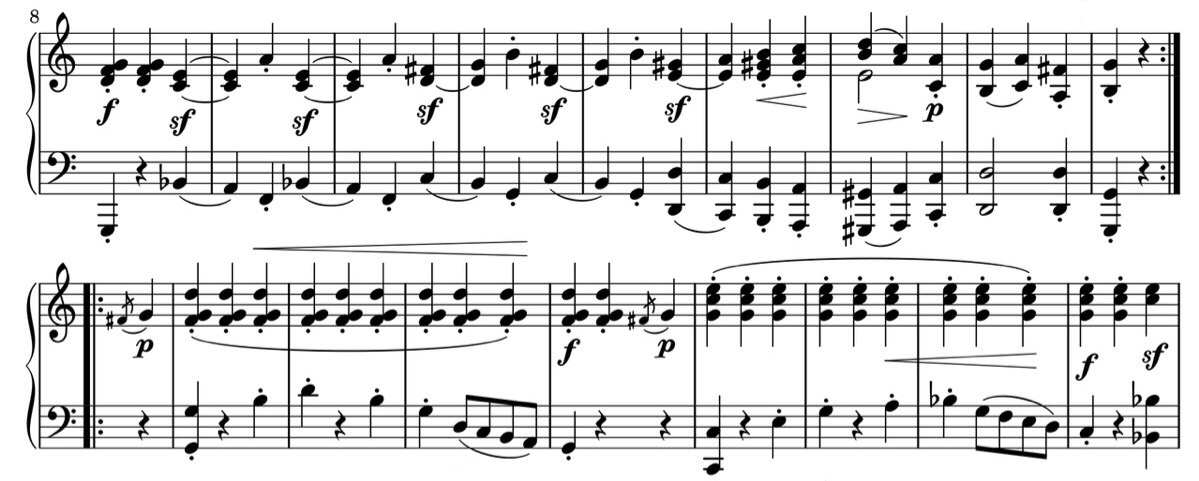Creative conflict and variations

One thing I have always tried to achieve with my writing has been to make it flow, not just within an individual piece but in the longer term as an ongoing reflection of who I am and what I think.
I've lost count of the times I have called my blog a conversation with myself because I keep referring to previous posts and revisiting old themes.
But there is a constant conflict raging on and off the page.
When I recently wrote that Medium Series felt "like reclaiming the normalcy of the old web when weblogs and journals lived up to their name" I meant that they were designed to have that same feeling of flow; one thing to the next, a natural progression.
But this conflicts with the need to be original, new, different, a need that plagues me - a reluctance to return even though the desire for that flow is strong.
This is why mastering Series is a hard skill: to be truly comfortable with the same thing, or variations of it, for an extended period. To be confident in it such that its pursuance tells an engaging story that retains the interest and curiosity of the observer.
I become frustrated when unable to think of something new but equally so when I find myself back at a topic covered before - often more than once.
As with notes...
Then I think back to the great composers, the true masters of their craft, and how they employed variations within their music.
Speed things up or slow them down. Change some notes or the key. Take a refrain and expand it into a whole new piece. Maybe create a counterpoint.
Each composition has a common grounding, a familiarity even, yet an individuality - a different expression or vantage point. Perhaps even a different emotional trigger or response.
Variations are a means of extending or reworking an original so why can't we do this with writing?
They say nothing is original but everything is. The same piece of music will elicit a different response under different conditions or states of mind. Virtuoso performers will play the exact same notes with their own interpretation and differently on different days.
Imagine the power of taking the familiar and deliberately altering it to emphasise those different states.
...so with words
Writing can be deeply personal, moving, affecting - if we can provoke such a response with notes why not with words?
The familiarity is a safe haven, a touchpoint designed to calm and steady us before we head off into the great unexplored.
Take those themes, embrace and reassess them on a new day, under new conditions. Change the words, change the focus, reverse their course.
Spin out a single section into a new work. Examine it, repeat it until you are deep into the words themselves and even the spaces between them, exploring every facet and void.
Slow the cadence forcing author and audience alike to dwell on each thought a moment longer; or create a counterpoint to illustrate the differences and holes in our interpretations.
Expose the nuance and free yourself from the strict rigidity of a single point of view - conflict demonstrates true thought.
Be patient.
And who knows, the next variation might be the one world has been waiting for.
